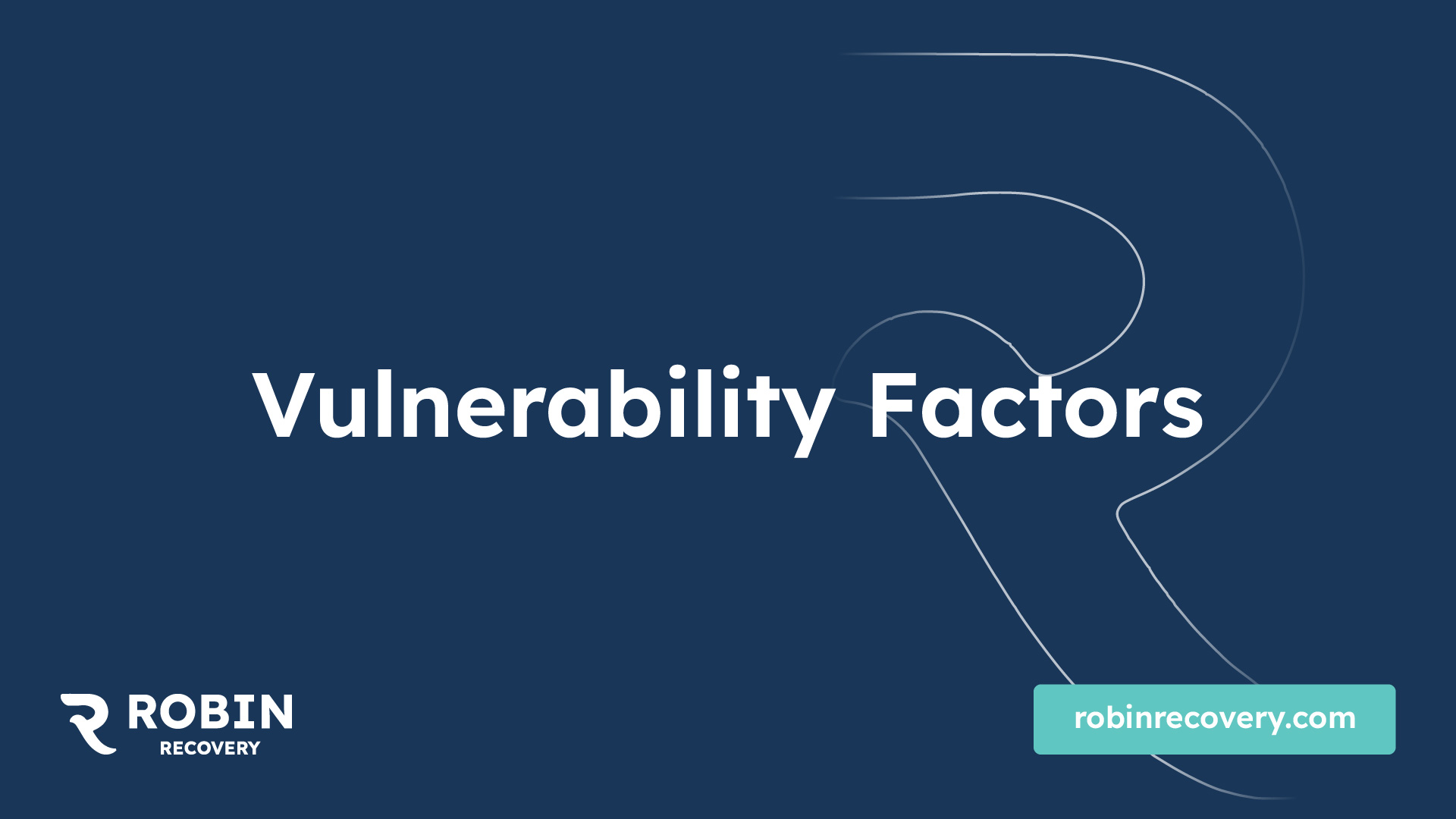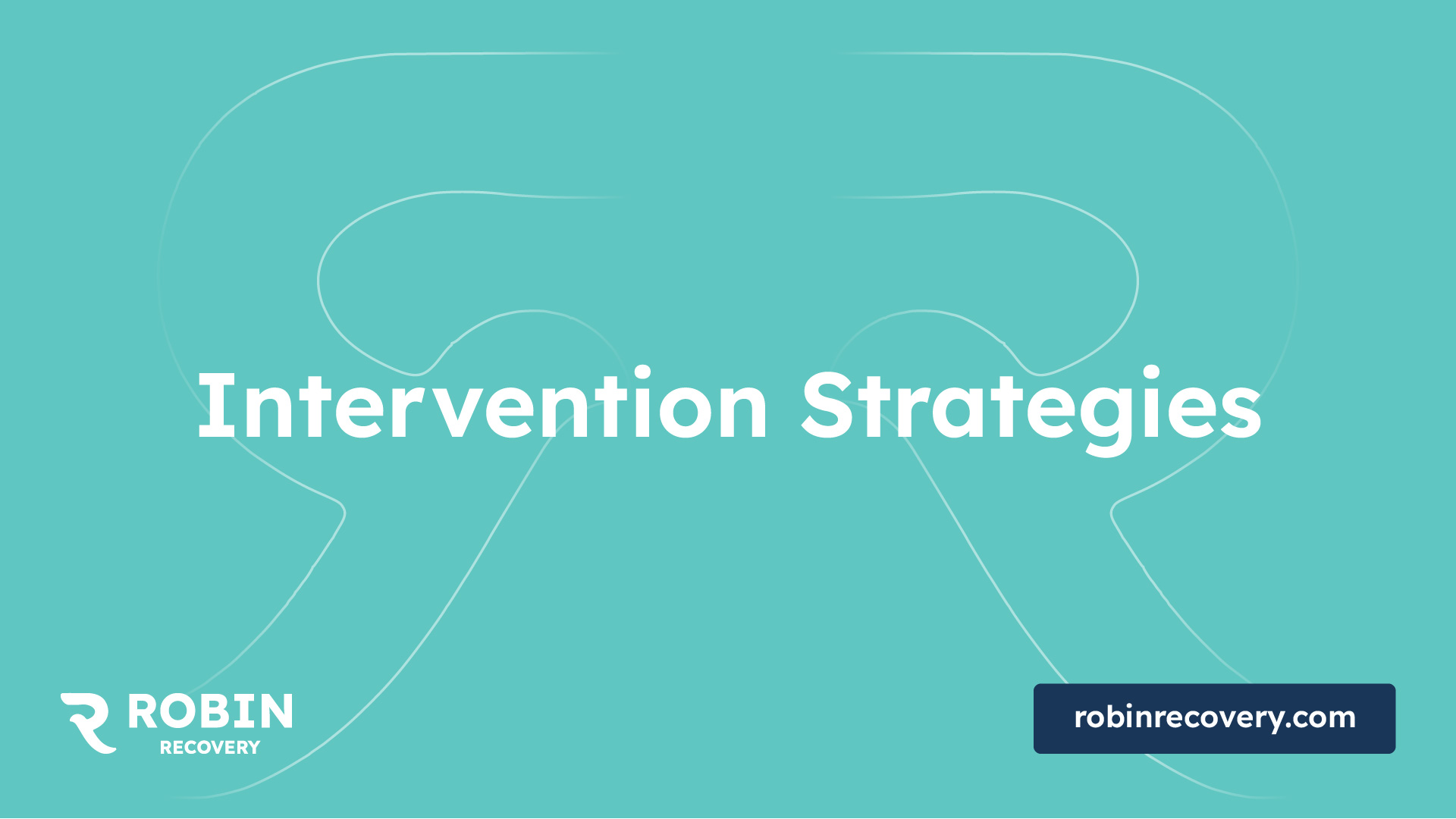Substance Abuse in Foster Care


Substance Abuse in Foster Care
Substance abuse within the foster care system is a critical issue that has significant implications for the well-being of foster youth. Understanding the prevalence rates and contributing factors is crucial in addressing this problem effectively.
Prevalence Rates
The statistics surrounding substance abuse in foster care are alarming. According to the National Youth in Transition, 27% of 17-year-olds in foster care have been referred for substance use treatment. This indicates a significant issue of substance abuse within the foster care system.
Comparatively, addiction rates in the foster care system are twice as rampant as in the general population. In 2015, approximately 7.8% of the population aged 12 or older suffered from substance use disorders, whereas addiction rates among 17-year-olds in foster care are more than quadruple that national estimate. These statistics highlight the substantial problem of drug and alcohol abuse within the child welfare system [1].
Contributing Factors
Several factors contribute to the prevalence of substance abuse in foster care, exacerbating the issue and making it more challenging to address effectively. Parental substance abuse often forms the basis of neglect and abuse suffered by foster children. In some state statutes, parental drug use is considered a form of child abuse. This highlights the intergenerational impact of substance abuse within families and the foster care system [1].
Additionally, youth in certain living situations within the foster care system are more vulnerable to substance abuse. Those in independent living and congregate care settings have been found to be more likely to use illicit substances or meet criteria for a Substance Use Disorder (SUD). Furthermore, youth with Post Traumatic Stress Disorder (PTSD) and Conduct Disorder (CD) have higher rates of substance use and disorder.
Understanding the prevalence rates and contributing factors of substance abuse in foster care is crucial for developing effective intervention strategies. By addressing these factors, we can work towards creating a supportive and nurturing environment that helps foster youth overcome the challenges associated with substance abuse. In the following sections, we will explore the impact of substance abuse on foster youth and discuss intervention strategies to address this critical issue.
Impact on Foster Youth
When examining the issue of substance abuse in foster care, it becomes evident that there are various factors that contribute to its prevalence among foster youth. Two significant factors that have a profound impact on foster youth are trauma and family history/genetics.
Trauma and Substance Abuse
Studies have indicated that almost one-third of foster children experience abuse while in their foster homes, highlighting the prevalence of trauma within the foster care system. These traumatic experiences can have a lasting impact on foster youth and contribute to the development of substance abuse issues [1].
Children in foster care often have a history of trauma and adverse childhood experiences, which can increase their vulnerability to substance abuse. Trauma can lead children to turn to substances as a way to cope with emotional pain or self-medicate, putting them at a higher risk of developing substance use disorders later in life. The interplay between trauma and substance abuse underscores the importance of providing appropriate support and interventions for foster youth to address their underlying emotional and psychological needs.
Family History and Genetics
Another significant factor contributing to substance abuse among foster youth is family history and genetics. Parental substance abuse often forms the basis of neglect and abuse suffered by foster children, with some state statutes considering parental drug use a form of child abuse. This highlights the intergenerational impact of substance abuse within families and the foster care system [1].
Children in foster care often come from families with a history of substance abuse, and genetic factors can predispose them to addiction, making them more susceptible to substance use disorders. The combination of genetic vulnerability and exposure to substance abuse within their family environment places foster youth at an elevated risk of engaging in substance abuse themselves.
Understanding the connection between trauma, family history, genetics, and substance abuse is crucial in developing effective intervention strategies for foster youth. By addressing the underlying trauma and providing comprehensive support services, it is possible to mitigate the impact of these risk factors and help foster youth overcome substance abuse challenges. For more information on intervention strategies, explore our section on Intervention Strategies and our article on substance abuse prevention.

Vulnerability Factors
When examining the issue of substance abuse in foster care, it's important to consider the various vulnerability factors that contribute to this problem. Foster youth face unique challenges that can increase their susceptibility to substance abuse. Two key vulnerability factors are environmental influences and peer influence.
Environmental Influences
Environmental factors play a significant role in the vulnerability of foster youth to substance abuse. The unstable living situations experienced by many foster youth can create a sense of uncertainty and stress, which may lead to the use of substances as a coping mechanism. Exposure to substance abuse within the foster care system itself can also contribute to an environment where substance use is normalized [3].
Furthermore, limited access to supportive resources and services can further exacerbate the vulnerability of foster youth. The lack of stable and consistent support systems may leave foster youth feeling isolated and without the necessary guidance and assistance to navigate challenges effectively.
Peer Influence
Peer influence has a powerful impact on substance abuse among foster youth. Being surrounded by peers who engage in substance use can significantly influence the behavior of foster youth. The desire to fit in, gain acceptance, or cope with feelings of loneliness can lead foster youth to experiment with substances [3].
The influence of peers is particularly significant during adolescence, a developmental stage where individuals are more susceptible to peer pressure and seek social belonging. Foster youth may be more likely to engage in substance use if they perceive it as a way to establish connections or cope with the challenges they face.
Understanding these vulnerability factors is crucial in developing effective strategies for prevention and intervention. By addressing the environmental influences and providing positive peer support, it is possible to reduce the risk of substance abuse among foster youth. For more information on substance abuse prevention strategies, refer to our article on substance abuse prevention.
In the next section, we will explore the long-term effects of substance abuse on foster youth, highlighting the importance of early intervention and comprehensive support services.
Long-Term Effects
Substance abuse in foster care can have profound and long-lasting effects on the development and well-being of children. Understanding the developmental impact and negative outcomes is crucial in addressing this critical issue.
Developmental Impact
Substance abuse in foster care creates an unstable and unpredictable environment, hindering the emotional, cognitive, and social development of children. It shapes their sense of self, relationships, and overall well-being [3]. The developmental impact of substance abuse in foster care can manifest in various ways, including:
- Emotional Development: Substance abuse can disrupt the development of emotional regulation skills, leading to challenges in managing and expressing emotions effectively. Foster youth affected by substance abuse may experience heightened emotional reactivity, difficulty in forming secure attachments, and struggles in developing a positive self-image.
- Cognitive Development: Substance abuse can interfere with cognitive development, impairing attention, memory, and executive functioning skills. This can result in academic difficulties and hinder educational progress for foster youth.
- Social Development: Substance abuse in foster care can impede the development of healthy social relationships. Foster youth affected by substance abuse may struggle with establishing and maintaining positive connections with peers, caregivers, and authority figures. This can lead to feelings of isolation and difficulties in building a support network.
Negative Outcomes
Foster youth affected by substance abuse are at a higher risk of experiencing negative long-term outcomes [3]. These outcomes can have a significant impact on their overall well-being and future trajectories. Some of the negative outcomes associated with substance abuse in foster care include:
- Mental Health Disorders: Substance abuse can increase the risk of developing mental health disorders, such as anxiety, depression, and post-traumatic stress disorder (PTSD). The co-occurrence of substance abuse and mental health disorders can further exacerbate the challenges faced by foster youth.
- Academic Difficulties: Substance abuse can interfere with educational attainment and impede academic progress. Foster youth affected by substance abuse may experience lower educational achievement, including higher rates of school dropout and lower rates of college enrollment. These academic difficulties can have long-term consequences for their future opportunities and success.
- Involvement in the Juvenile Justice System: Substance abuse in foster care increases the risk of involvement in the juvenile justice system. Foster youth affected by substance abuse may engage in delinquent behaviors, increasing the likelihood of encounters with law enforcement and legal consequences.
- Substance Use Disorders in Adulthood: The impact of substance abuse in foster care can extend into adulthood. Foster youth affected by substance abuse are at a higher risk of developing substance use disorders later in life. Addressing substance abuse during the foster care period is crucial to prevent the continuation of these negative outcomes.
To mitigate the long-term effects of substance abuse in foster care, early intervention and comprehensive support services are crucial. By addressing substance abuse issues promptly and providing appropriate interventions, we can improve outcomes for foster youth affected by substance abuse [3]. It is essential to prioritize prevention efforts, offer targeted support services, and ensure a supportive and nurturing environment for these vulnerable youth [6].

Intervention Strategies
To effectively address substance abuse in foster care, intervention strategies should focus on early intervention and comprehensive support services. These approaches aim to mitigate the impact of substance abuse on foster youth and improve their outcomes.
Early Intervention
Early intervention is key to addressing substance abuse in foster care. Identifying and addressing substance abuse issues at an early stage can help prevent further escalation and minimize the negative consequences for the youth involved. Early intervention strategies may include:
- Screening and Assessment: Regular screening and assessment can help identify substance abuse issues in foster youth at an early stage. This allows for timely intervention and appropriate treatment planning.
- Education and Prevention Programs: Providing education and prevention programs to foster youth can equip them with the knowledge and skills to make informed decisions about substance use. These programs can focus on topics such as the risks and consequences of substance abuse, healthy coping mechanisms, and building resilience.
- Counseling and Therapy: Offering counseling and therapy services to foster youth can help them address underlying emotional and psychological factors contributing to substance abuse. Individual and group therapy sessions can provide a safe space for foster youth to process their experiences, develop healthier coping strategies, and work towards recovery.
Comprehensive Support Services
Comprehensive support services are essential in addressing substance abuse in the foster care system. These services should be tailored to meet the unique needs of foster youth and provide a holistic approach to their recovery. Some key components of comprehensive support services include:
- Family-Based Approaches: Family-based interventions, such as Family Treatment Drug Courts (FTDCs), have shown positive outcomes in addressing substance abuse in foster care. These approaches involve engaging the entire family in the treatment process, promoting communication, and strengthening family relationships. FTDCs have demonstrated higher rates of treatment completion, family reunification, and improved outcomes for foster youth.
- Mental Health Support: Foster youth who have experienced trauma and substance abuse may require specialized mental health support. Access to mental health professionals, such as therapists and psychiatrists, can help foster youth address underlying mental health conditions and develop effective strategies for managing their substance abuse issues.
- Education and Vocational Support: Providing educational and vocational support to foster youth can help them build a brighter future. Access to educational resources, tutoring, career counseling, and job placement services can empower foster youth to pursue their goals and aspirations, reducing the likelihood of relapse and promoting long-term success.
By implementing early intervention strategies and comprehensive support services, the foster care system can effectively address substance abuse among foster youth. These approaches aim to provide timely support, promote recovery, and improve outcomes for the youth involved. It is crucial to recognize the unique challenges faced by foster youth and tailor interventions to meet their specific needs. For more information on substance abuse prevention strategies, visit our article on substance abuse prevention.
References
[1]: https://www.avenuesrecovery.com/blog/substance-abuse-in-foster-care/
[2]: https://www.ncbi.nlm.nih.gov/pmc/articles/PMC2633867/
[3]: https://www.elev8centers.com/blog/substance-abuse-in-foster-care
